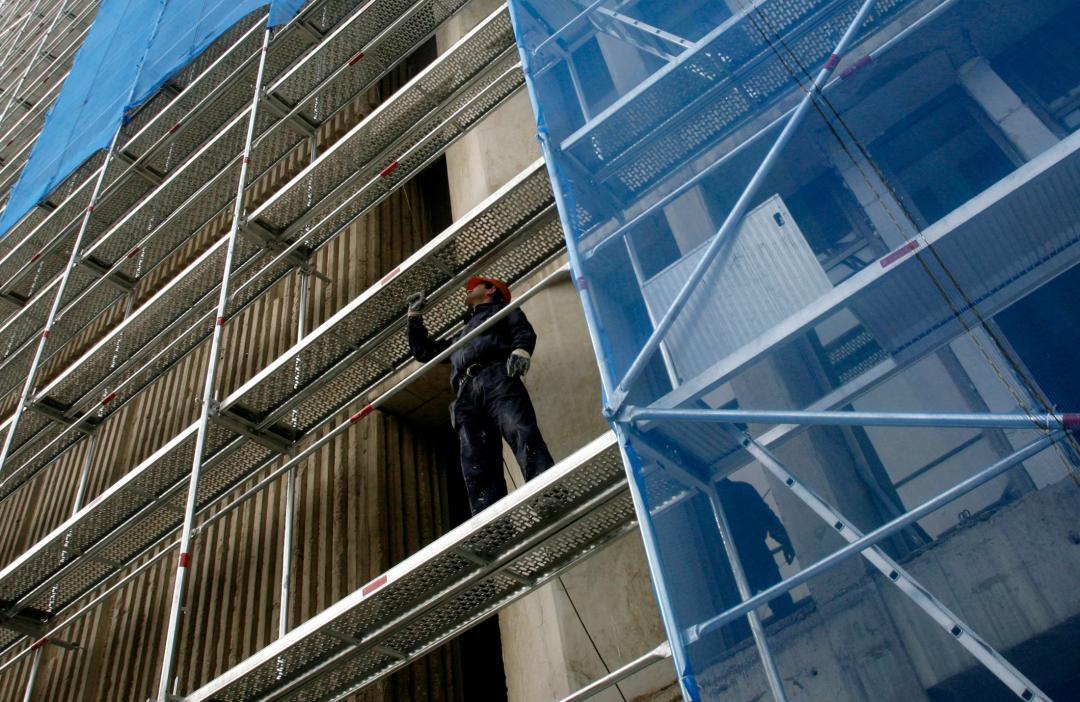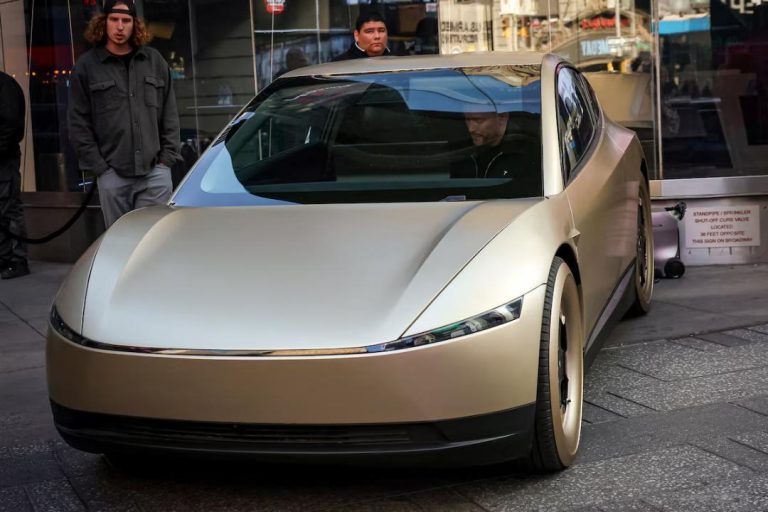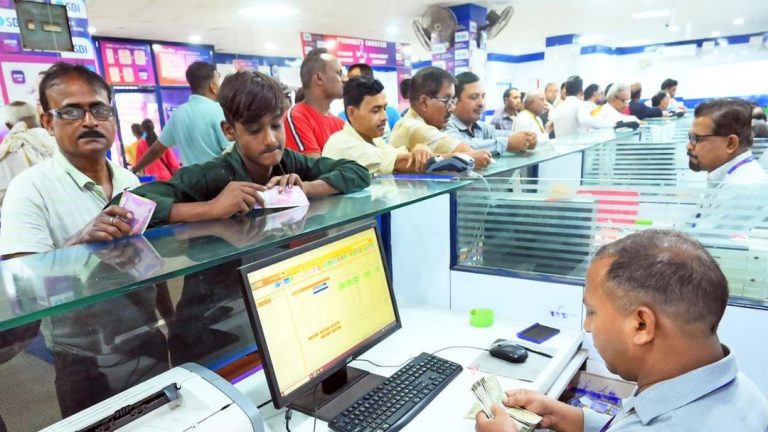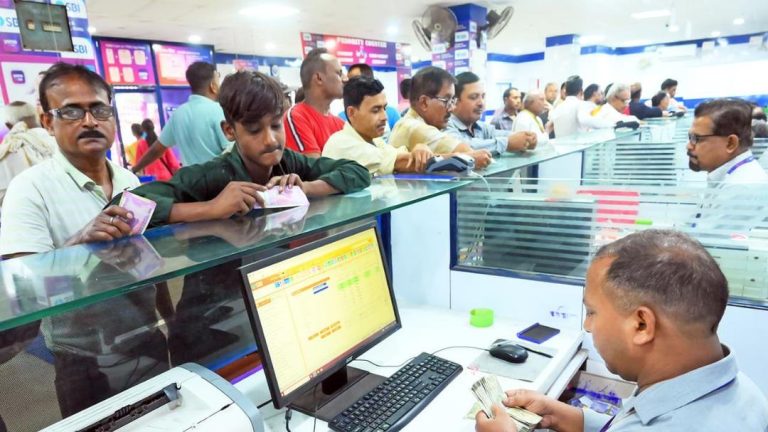
IIT Making Glass to Keep Buildings Cool in Summer & Warm in Winter
As the world grapples with the challenges of climate change, researchers are working tirelessly to develop innovative solutions that can help reduce our carbon footprint and create a more sustainable future. One such breakthrough has been achieved by IIT Indore, which is developing a revolutionary “smart glass” that can regulate light and heat by applying a small electric current.
The electronic curtain glass, made using a special porous organic polymer, has the ability to change color and transparency, allowing it to block sunlight and heat when needed, or letting it in when it’s cooler. This cutting-edge technology has the potential to transform the construction industry, enabling the creation of eco-friendly buildings that are not only energy-efficient but also comfortable and sustainable.
According to officials, the smart glass is capable of adjusting its opacity in response to changes in temperature and light. This means that during the hot summer months, the glass can block out the intense sunlight, keeping the interior of the building cool and reducing the need for air conditioning. Conversely, during the winter months, the glass can become transparent, allowing sunlight to warm the building and reducing the need for heating.
The development of this smart glass is a significant breakthrough in the field of materials science, and it has the potential to revolutionize the way we design and construct buildings. Traditional glass, while aesthetically pleasing, is often a major contributor to energy consumption, as it allows heat to escape in the winter and enter in the summer. The smart glass, on the other hand, can help reduce energy consumption by up to 50%, making it an attractive solution for architects and builders looking to create sustainable and eco-friendly structures.
The technology behind the smart glass is based on a special type of polymer that is porous and organic in nature. This unique material has the ability to change its structure in response to changes in temperature and light, allowing it to adjust its opacity accordingly. The application of a small electric current to the polymer triggers the change, making it a highly versatile and controllable material.
The potential applications of this technology are vast and varied. Not only can it be used in buildings, but it can also be applied to vehicles, windows, and even architectural glazing. Imagine a world where you can adjust the transparency of your car windows with the touch of a button, or where your home can maintain a comfortable temperature without the need for air conditioning or heating.
The development of this smart glass is a testament to the innovative spirit and expertise of IIT Indore, which has been at the forefront of research and development in the field of materials science. The institution’s researchers have been working tirelessly to develop new materials and technologies that can help address some of the world’s most pressing challenges, from climate change to energy consumption.
As the world continues to grapple with the challenges of climate change, the development of sustainable and eco-friendly technologies is more important than ever. The smart glass developed by IIT Indore is a shining example of the kind of innovative thinking and research that is needed to create a more sustainable future. With its ability to regulate light and heat, this technology has the potential to transform the construction industry and help reduce our carbon footprint.
Source: https://repository.inshorts.com/articles/en/PTI/319121e5-f2f2-4d36-b9bd-364925f8a154






